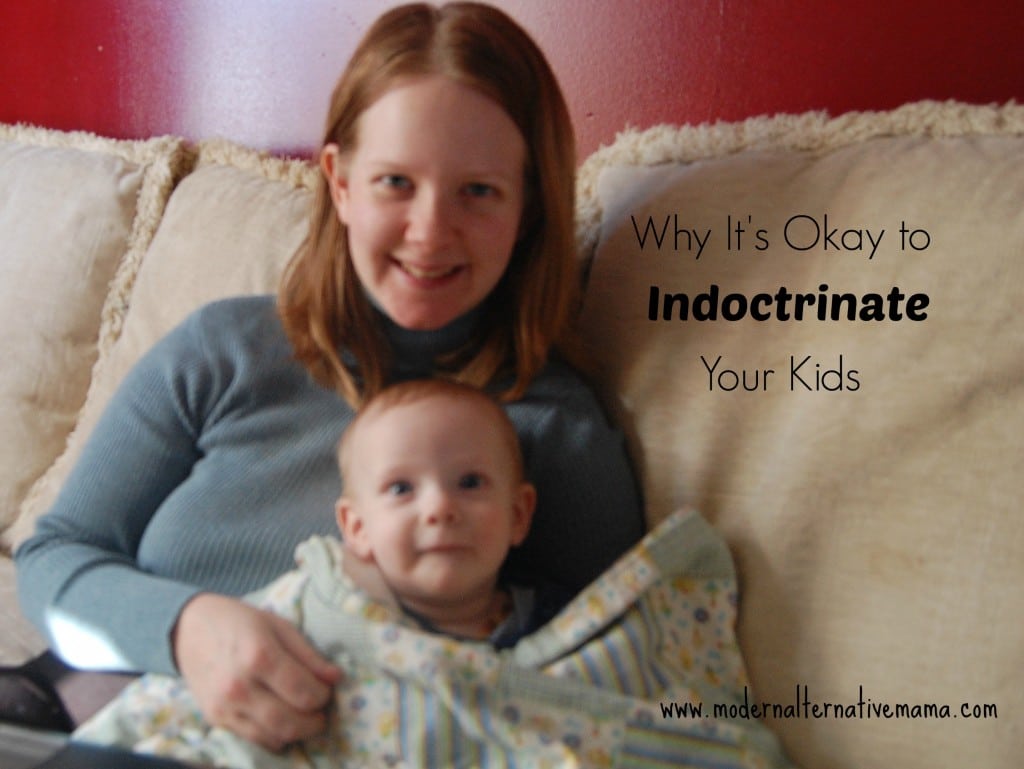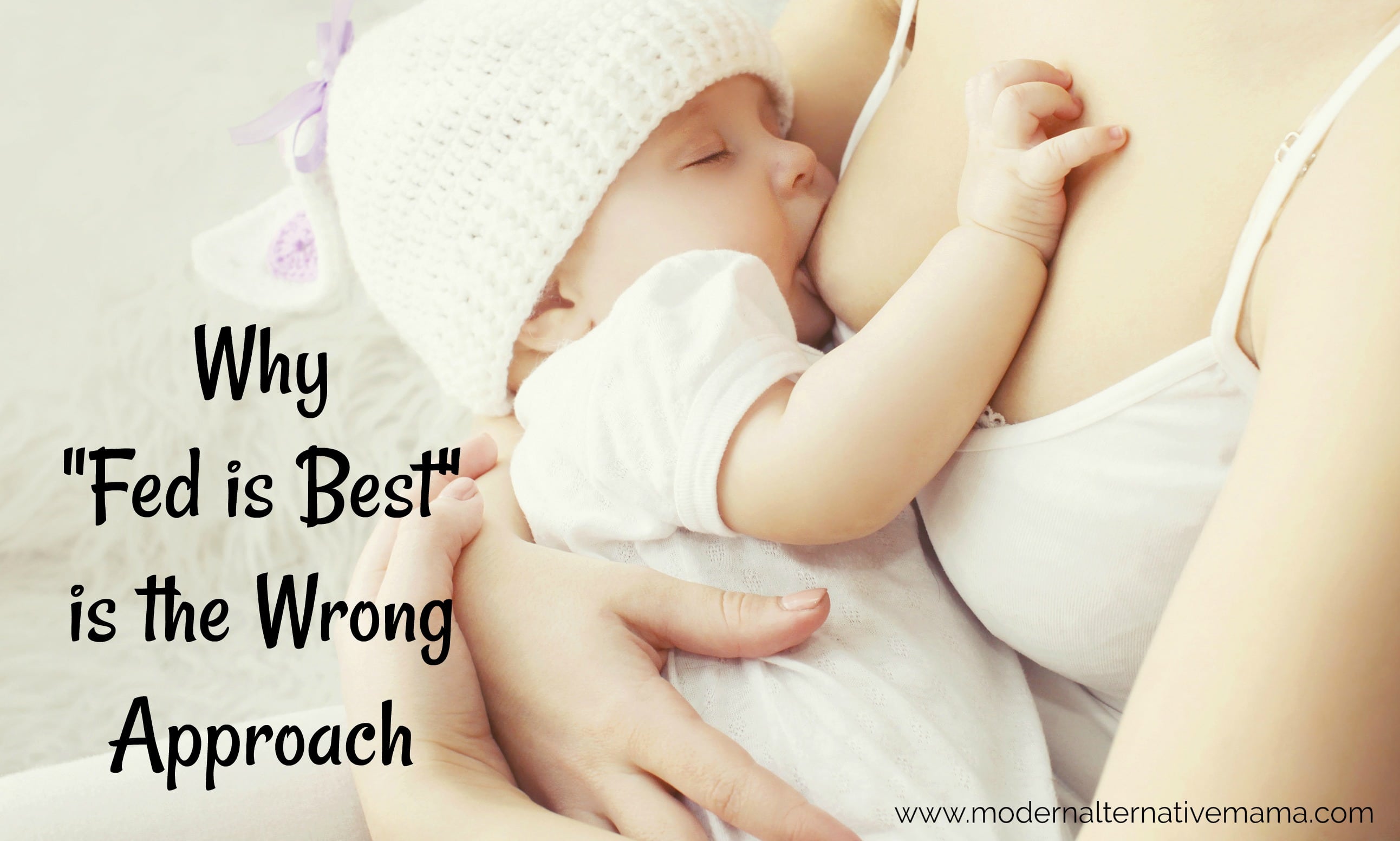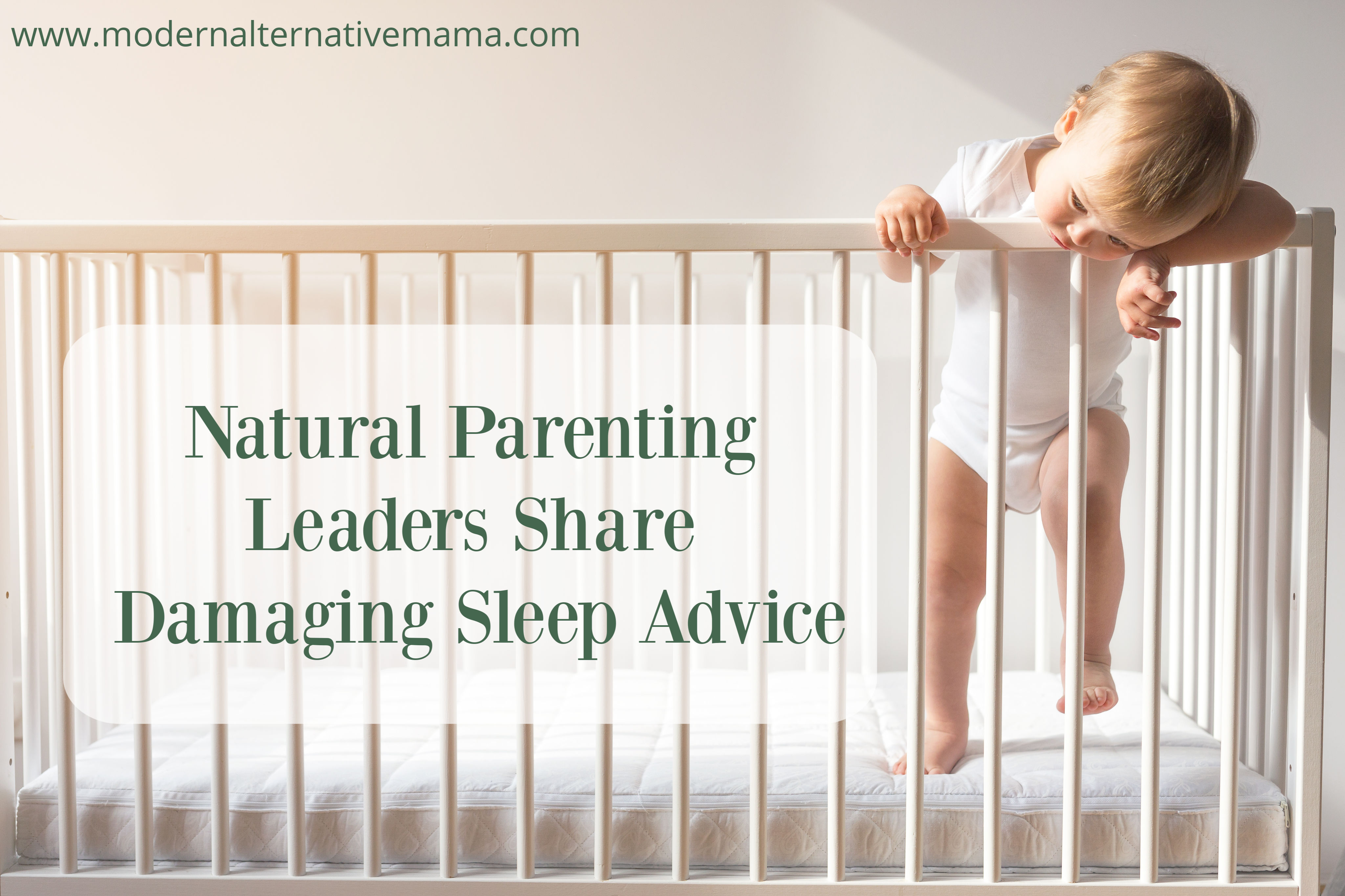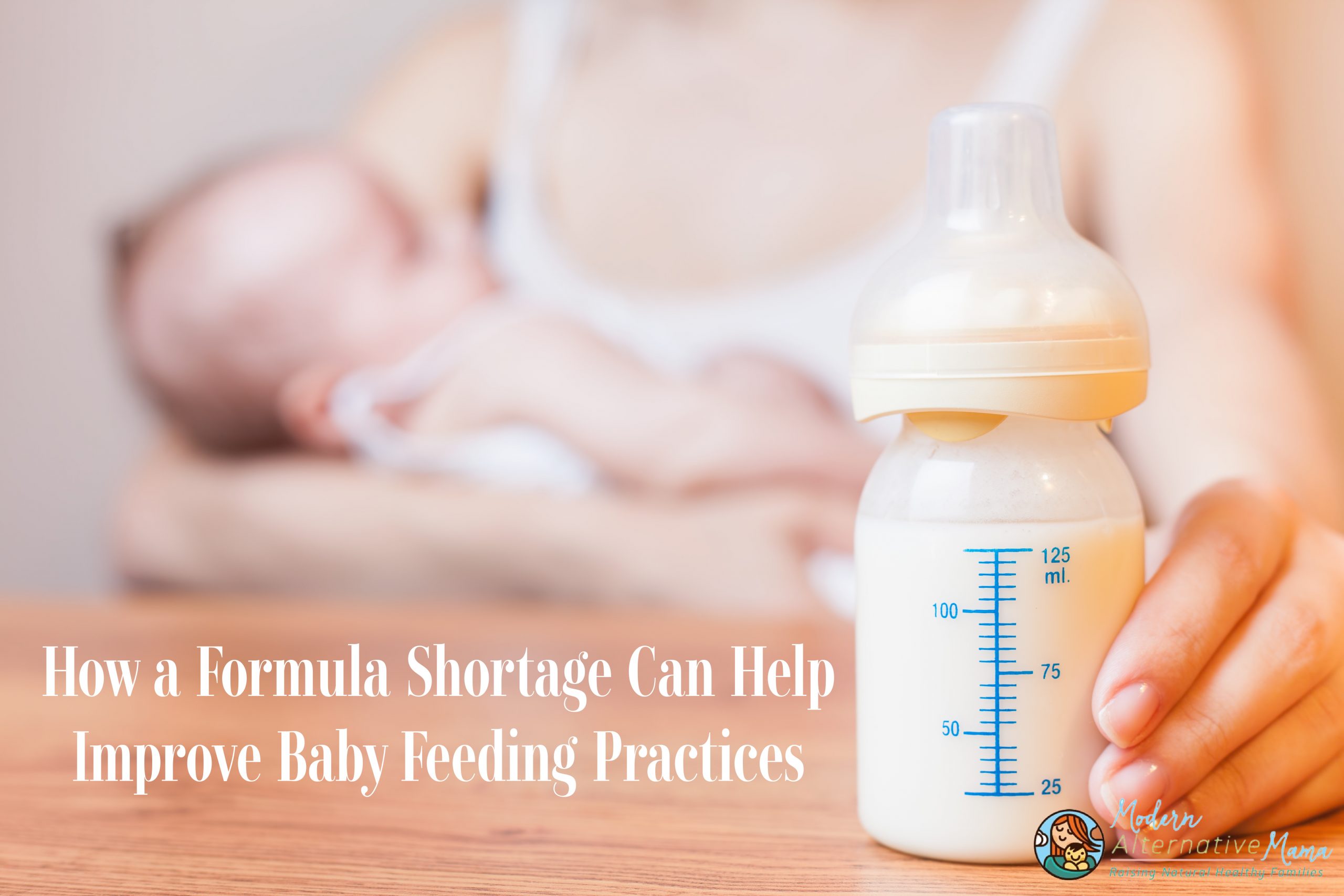These days, everyone’s constantly up in arms about something. Something’s going wrong, someone’s hurting someone else, this or that corporation or group or the mother down the street…they are messing us up!
One complaint that I see often is how wrong it is to “indoctrinate” our children. This is especially aimed at religious people. “We need to leave them the freedom to believe what they want to! Stop indoctrinating your kids in that nonsense!”
That statement is utter nonsense. And said by hypocrites. We are all indoctrinating our kids, every single day.
What is “Indoctrination?”
When people say “indoctrinate,” they mean “Teaching children a system of beliefs exclusively.” Typically, they are referring to a system with which they don’t happen to agree.
That’s part of parenting. Your job is to teach your children about the world and what to believe in. It’s no different to take your kids to church three times a week than it is to take them to a political rally or a pride parade. We purposely steep our children in our lifestyle, our beliefs, everything that is important to us.
In fact, many things could be considered ‘indoctrination’ really:
- Manners
- Education
- Beliefs about men and women
- Beliefs about religion/spirituality
- Beliefs about food
- Beliefs about discipline
…just about everything we do on a daily basis can be done many different ways. There are many ‘gray areas’ in life, and every time you tell your child your opinion on something, you are ‘indoctrinating’ them.
Some of you will argue that most of these don’t really count as indoctrination, but they do. Children, especially ones too young to go to school yet, pick up on their parents’ mannerisms, actions, belief systems, etc. just by being around them and having daily conversations with them. Every time they ask a question they get your perspective on the matter. And they believe you, unquestioningly. That is what indoctrination is.
Take, for example, this scenario:
A parent and a child are driving. A car cuts them off. The parent gets angry — “Stupid driver! That idiot shouldn’t be allowed on the road! That was dangerous!”
The child now sees that the parent believes that that sort of driving — cutting closely in front of your car — is dangerous. They also see that the parent yells and insults the driver. They are likely to repeat this behavior (insulting someone who did something they consider unacceptable) and may relate this story to others. “Somebody went in front of my mommy’s car and she said idiot.”
We all know children say the darndest things…
Children are Sponges
While that example is fairly mundane — we’ve all become frustrated while driving and made comments about the lack of wisdom on the part of the other driver — it stands as an important point.
Children are sponges. Every single thing that you do is teaching them. And they trust you. They believe you. Their worldview is you-centered. What you tell them to believe, they will. This applies to little things, like how to handle bad drivers, and big things, like religion.
Yet, somehow, people miss this. They think that taking children to church, or praying with them daily, or reading from the Bible together is some sort of special indoctrination, that is different from any other sort.
It’s not.
Some of the same people who would yell “Indoctrination! Unfair to the children!” would cheer for those who are taking their children to a rally to support midwives, or against Monsanto. They aren’t different — in each case, you are steeping your children in your beliefs! Small children (under 4 or 5) really don’t know or have an opinion about religion, midwifery/women’s rights, or Monsanto/GMOs independently. If they say anything, it’s because they’re parroting what you have taught them.
It is absolutely impossible to avoid “indoctrinating” your kids in your own beliefs and lifestyle. And what’s more, you shouldn’t try.
Our Job is to Indoctrinate
If we don’t teach our children how to act and what to do, how are they supposed to know?
They learn to treat others with respect because we do it. They learn about Jesus because we talk about Him. They learn about eating healthy food because we model doing it and talk about the differences between healthy and unhealthy. (And yet people only complain about one of these!)
A good parent steeps their child in the family’s beliefs and way of life. They teach them and train them and model for them the correct behavior. And then, when they are older, encourage reflection and exploration of various ideas, philosophy, belief systems, etc.
Every person goes through developmental phases. As young children, they simply absorb the world around them, and they see everything as concrete, black and white. Your job then is to teach them what you believe, give them a framework for “handling” the world around them.
When they are older, and can think abstractly, it is your job to help them question their beliefs, to explore what others believe and why, to help them understand what is going on. They will then either accept or reject what you have taught them. The teen and young adult years are the time for this. Young childhood is not.
Please! Indoctrinate your children. Take your job as a parent seriously, and teach them what you want them to know. Teach them what you believe and why you feel so passionately about it. Share your worldview with your children — it’s your responsibility to do so.
What do you think about indoctrination?
SaveSave








I think the word “indoctrination” takes on the meaning that you discourage questioning or variations on what you’re teaching. I’ll never discourage questions.
We don’t discourage questions either, but we certainly explain why we believe what we do and why we believe other ways are wrong. (We get into this a lot with food right now — others are doing the best they can, but they don’t have all the information, we make healthier choices because of xyz, etc.)
Pretty darn great article! “…teach them what you want them to know.” Perfect.
AMEN! I’ve never thought of it that way, but you’re right! It’s kind of like when people say they’re ‘unbiased’ if they aren’t coming from a ‘religious’ standpoint. I learned in college- we’re all biased, we can only switch biases to see from another viewpoint; we can’t ever be without bias. Thank you for this incredible post!
A classmate of mine in a college course once tried to argue that we should only elect atheist politicians because only atheists could be unbiased. She didn’t seem to be able to grasp the concept that atheism is itself a bias….
Good points, Katie. I imagine, in their defense, that the people who make those sorts of comments experienced or are thinking of an indoctrination that does not encourage questioning and re-shaping your beliefs in the older years. It must be difficult to overcome that sort of past, which could be very painful, to see that there’s a difference between unquestioning-belief-forever and the sort of initial steeping in values that you mean. But there is a difference, and it’s an important one.
Admittedly, I don’t really think that questions or encouraging an understanding of other worldviews (if the child brings it up) is inappropriate for younger children, though. From other posts where you’ve talked about your children, I’m pretty sure that you do work to “help them understand what is going on” even though they’re pretty little. You just don’t allow them to make their own decisions on subjects that are important to you yet (i.e., they could ask questions about the Bible or what other people believe, but they couldn’t decide not to go to church, or they could ask questions about why you eat or don’t eat certain foods and why other people don’t or do eat them, but you don’t yet let them eat things you don’t want them to eat. But at a certain age, whether in the teen years or obviously once they’re out of the house, you stop forbidding the actions).
I definitely agree that a lot of people in the natural living community who would never dream of allowing their children to eat McDonald’s or take conventional medicine (or whatever) get up in arms about a religious parent not allowing their children to not go to church (or whatever). It’s the same thing.
Thanks for speaking out! I totally agree.
I completely agree with this post! It’s our responsibility to raise children who are grounded in our beliefs so that they are able to question them when they are older. Every person goes through a test of faith and wonder if they believe what they believe because their parents told them to or if they believe it for themselves. If they see you as wishy washy they will have a harder time figuring out what they believe. This goes for anything…not just faith issues. Thanks for this!
Well said. Somebody will pass on to our children values, even if it is the value of not having values or religious beliefs. We do not live in a vacuum, and kids have much of their worldview established at a young age. As a Bible believing Christian, I would be disobeying God if I did not “indoctrinate” my kids. I can still do that in a way that is kind and loving even towards those who would disagree with me.
Agree. You make some excellent points!
[…] Why Its Okay To Indoctrinate Your Kids @ Modern Alternative Mama […]
Amen! Not only do we indoctrinate, we judge. . While those two terms have negative connotations, it is just how we function as humans. Whatever we do should always be tempered with a healthy dose of love and grace.
Good piece!
great take. i hadn’t really thought of it in this way, but i think you have a great point that indoctrination is simply teaching worldview – no matter the worldview that is taught.
I don’t fully agree with this just because when my children ask me questions, I don’t bombard them with my opinions and beliefs. I try to give them both sides to think about. I believe in god, yet my 17 year old does not. I encourage my children to think for themselves. I don’t want them to “blindly” have faith in my opinions, I want them to study and research and have their own opinions. I have 6 children. My oldest is almost 20 and my youngest is 6. My 4 teenagers all have different opinions about things than I do, and I encourage that. I am raising them to be critical thinkers, not indoctrinated by my opinions and beliefs. My parents didn’t raise me this way, and as an adult I had to challenge how I was raised. It took a great deal of courage, but I have stopped the cycle of indoctrination, and I am proud for that. I want my children to be individuals. I understand the concept here, but it doesn’t ring true in my household.
I think you are right Catrina, for keeping an open mind when it comes to your kids questions. I think it’s important to teach kids to have an open mind and not stick to one way of thinking. while it is nice to have guidelines about how to socialize, it is also important to be ready for the unexpected. If people get too comfortable with group think they can make some really bad decisions. See any movie about teens dealing with peer pressure or any member of our society who has been discriminated against because of their sexuality.
I disagree with your article. I think you’re confusing “indoctrination” with “socialization,” which are two different things. Socialization is teaching your children the necessary skills they need to know to function well in society, such as manners, healthy eating habits, etc. Much the same way a dog must be socialized from the moment they’re born. They must learn not to fear or bite a human. Socializing a pup could even be considered necessary for their very survival, as a dog viciously attacking a human is quickly euthanized. Indoctrination is the act of teaching another to fully accept the ideas, opinions, and beliefs of a particular person or group and to not consider other ideas, opinions, or beliefs. Speaking from experience as a woman who was indoctrinated into the Christian faith from birth, I consider indoctrination to be harmful, no matter if you’re religious or otherwise. I was told that if I didn’t believe in god, I was going to burn in hell for eternity when I died. To my 5-year-old brain that was terrifying, and of COURSE I was going to believe in god without question. It wasn’t until I got older and moved off to college that I started analyzing and asking critical questions about what I had been taught to believe my whole life. After a few years of giving it serious thought and talking with other people, I arrived at the conclusion that there is no god. But I didn’t know at first that it was ok to think that way. I didn’t even realize there were other ways of thinking. I “came out” to my born-and-raised-baptist mother that I’m atheist, much the way I imagine homosexuals “come out” to their families. My mother is a wonderful mother, but indoctrinating me into religion was the biggest mistake she made in raising me. Please socialize your children. Teach them right from wrong and how to be a functioning member of society. But PLEASE don’t indoctrinate them into a religion. Don’t make such an important decision for them, because that’s one decision that should truly be left to them to make. Teach them to think critically and question everything they hear. Give them all sides of the story and let them decide what to believe for themselves.
“When you teach a child something, you forever take away his chance of discovering it for himself” Jean Piaget
“Children must be taught how to think, not what to think” Margaret Mead
I was raised by intelligent and very loving parents who also happened to be dedicated christians throughout my childhood. My mom and almost all of our relatives on both sides remain christians today with my fathers mother the most vocal about it. My mother always went to church and my brother and I attended up until around the age of 8 when we were given the option to decide for ourselves.
Children should not be sheltered from the world or “protected” from their parents views and lifestyle. The thing my parents never did was tell us to believe in God or Jesus or any particular set of views. They taught us to come to our own conclusions through our own reasoning and always respected our rights as individuals, even if we didn’t always agree. Both me and my brother ended up not believing in any religion and it doesn’t affect our relationships at all. I have the utmost respect for my parents and people who choose a particular set of beliefs for themselves.
Where I stop respecting religious “indoctrination” or teachings is where it limits children to only be introduced to a singular set of believes and mindset. When children are taught that religious beliefs give them the right to discriminate against people of different beliefs or specific groups of people. I do not respect when children are taught that their beliefs have more rights or value than other human beings or when one group of believers tries to invalidate rights of others to believe in something different.
Great article……..It is SUCH a vital part of parenting and preparing your offspring for the life that lies ahead of them. We are to lay down the framework by which they will continue to grow into over they years. So agree.
I agree with you. Well said. I see a big variety of replies which reflects a big difference in world views. Thanks for saying it so well.